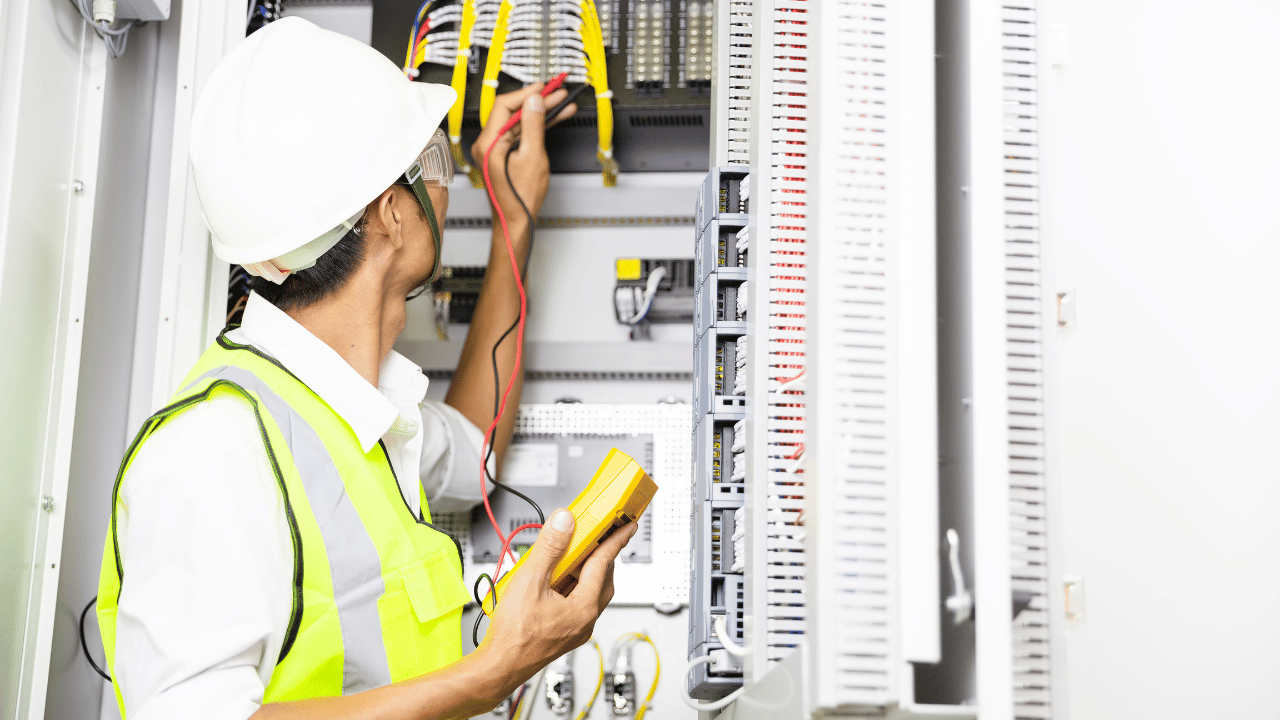Last Updated on October 10, 2023 by Pro Handyman Australia – Editorial Team
Owning a home is a rewarding experience, but it’s also accompanied by periodic maintenance needs. Among the essential, albeit sometimes overlooked aspects of home ownership, are electrical repairs. And while they are indispensable for maintaining a safe and functional living environment, the cost of electrical repairs can often catch homeowners off-guard due to their potentially high prices.
Variability in Electrical Repair Costs
Different electrical projects command different price tags. The scope can range from a minor task like replacing a faulty outlet to a more extensive and complex operation such as rewiring the entire house. Each of these tasks, regardless of scale, comes with its own set of costs.
Budgeting for Electrical Repairs
Being well-informed about the average expenses related to electrical work can be a game-changer for homeowners. By understanding these costs, you can prepare and allocate funds effectively, ensuring that your home remains both safe and electrifyingly efficient.
Understanding Electrician Hourly Rates
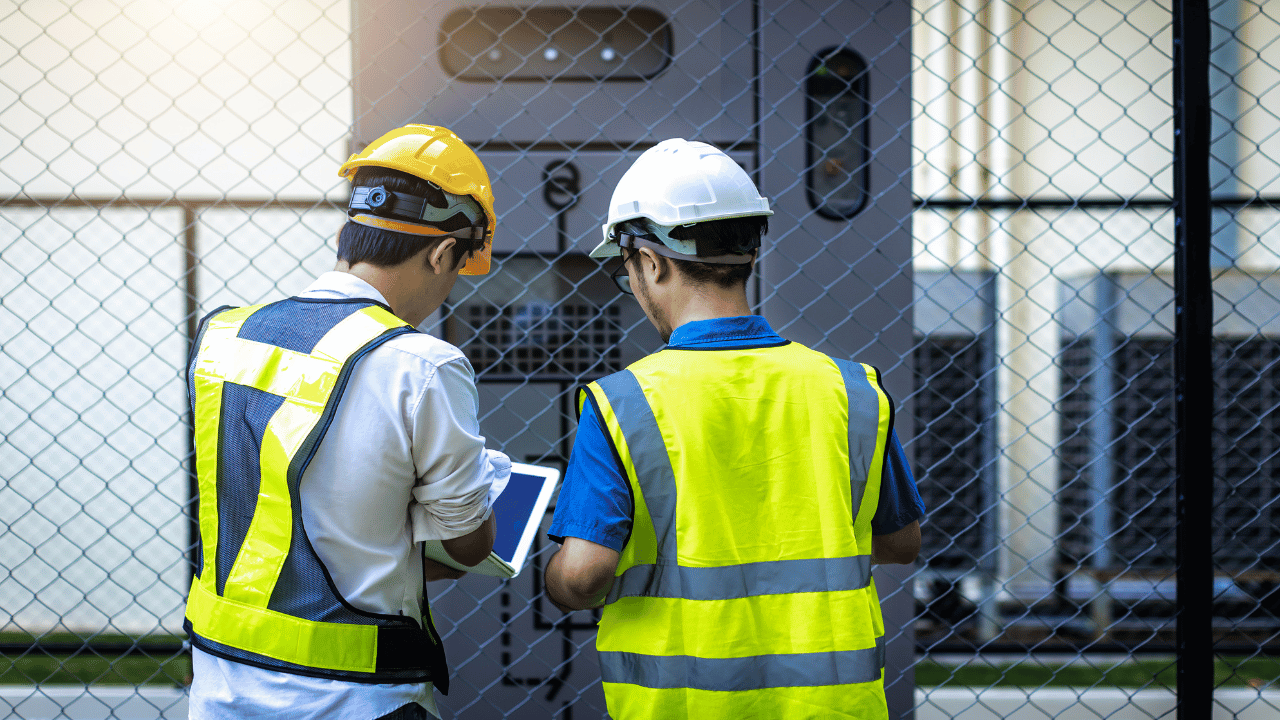
Basics of Electrician Labor Costs
Engaging an electrician for electrical projects necessitates an understanding of fundamental labor expenses. It’s noted that the majority of electricians charge an hourly fee between $40 and $120, with conversions being CAD 55 to CAD 165. For extensive projects, like new wiring installations, these costs can accumulate swiftly. Your final bill depends on several variables, such as the region you reside in, the electrician’s standing in the community, and the nature of the task. Electricians with stellar reputations might have higher rates due to their professional credibility.
In the event of emergency callouts, rates could escalate beyond $150 or approximately CAD 210 per hour. Costs may also surge if the electrician has to commute a significant distance. Hence, finding a local electrician is a wise move. It’s also common for electricians to charge a fee for their initial visit and assessment. Typically, this fee is marginally below the standard hourly rate.
Material costs can also impact the overall expenses of a repair. To ensure you receive value for money, it’s advisable to obtain estimates from multiple service providers. This not only provides a cost gauge but also assists in diagnosing the electrical issues at hand.
Diverse Roles, Diverse Rates: Electrician Costs by Type
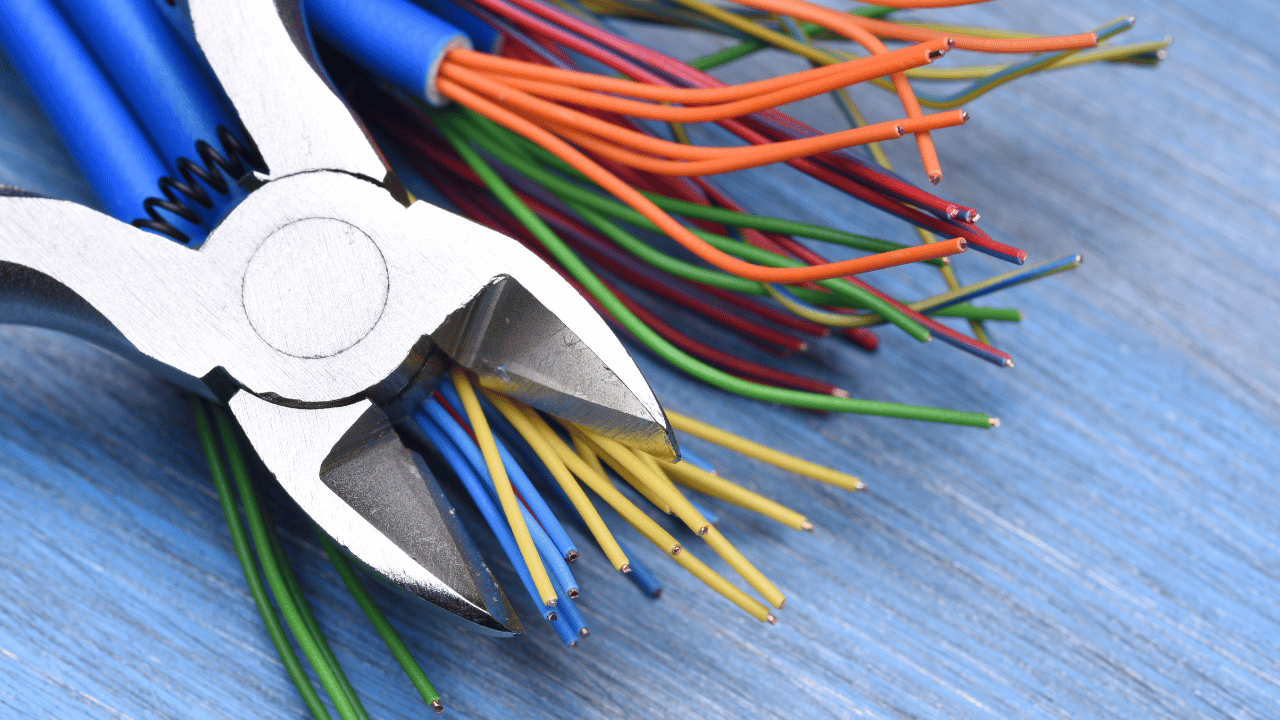
The electrician realm has multiple specialists, which can influence the rates. For residential needs, while some categories like industrial or commercial might not be relevant, there are various roles residential electricians can undertake.
A segment of electricians focuses on low-voltage tasks. Their responsibilities overlap with general residential electricians but are limited to systems under 49 volts. Their duties span repairing home entertainment setups, troubleshooting fire alarm glitches, and maintaining home internet configurations. For such niche projects, the cost is generally at the lower spectrum, approximately $50 or CAD 70 per hour.
Cost Implications for Circuit Breaker or Electrical Panel Replacement

Electrical systems are intricate, with some components demanding higher repair costs than others. Aging or outdated circuit breakers or panels might necessitate replacements. Factors to consider include the obsolescence of panels in some older homes which support only 20 to 40 amps without GFCI protection.
Considering an upgrade? A modern electrical panel caters to increased home electricity consumption. There’s also the potential need for a fuse box overhaul. Adhering to contemporary electrical standards means having GFCI protection, ensuring panels are deactivated if water nears an outlet. Some panels also incorporate AFCI breakers, which, though pricier than regular ones, offer enhanced safety. Upgrading to a 100-amp system may be priced around $1,200 to $1,600, roughly CAD 1,650 to CAD 2,200, while a comprehensive system replacement can vary between $850 to $2,500 or CAD 1,200 to CAD 3,400.
For those eyeing future-proof solutions, consider a 400-amp system, which may cost up to $4,000 or CAD 5,550. Such an investment caters to potential electrical augmentations down the line.
Embarking on a new electrical wiring installation can be one of the more expensive electrical endeavors due to the intricacies of the work. The total cost hinges on the quantity of lighting fixtures, receptacles, and switches that will be incorporated into the design. On average, the expense for new wiring is about $6 to $8 per linear foot, which translates to CAD 8 to CAD 11. The addition or replacement of each switch or receptacle may range from $100 to $250 or CAD 140 to CAD 340. For significant home renovations requiring extensive new wiring, a three-bedroom home might see costs ranging from $2,500 to $6,000, equivalent to CAD 3,400 to CAD 8,200.
The Price of Wiring a House
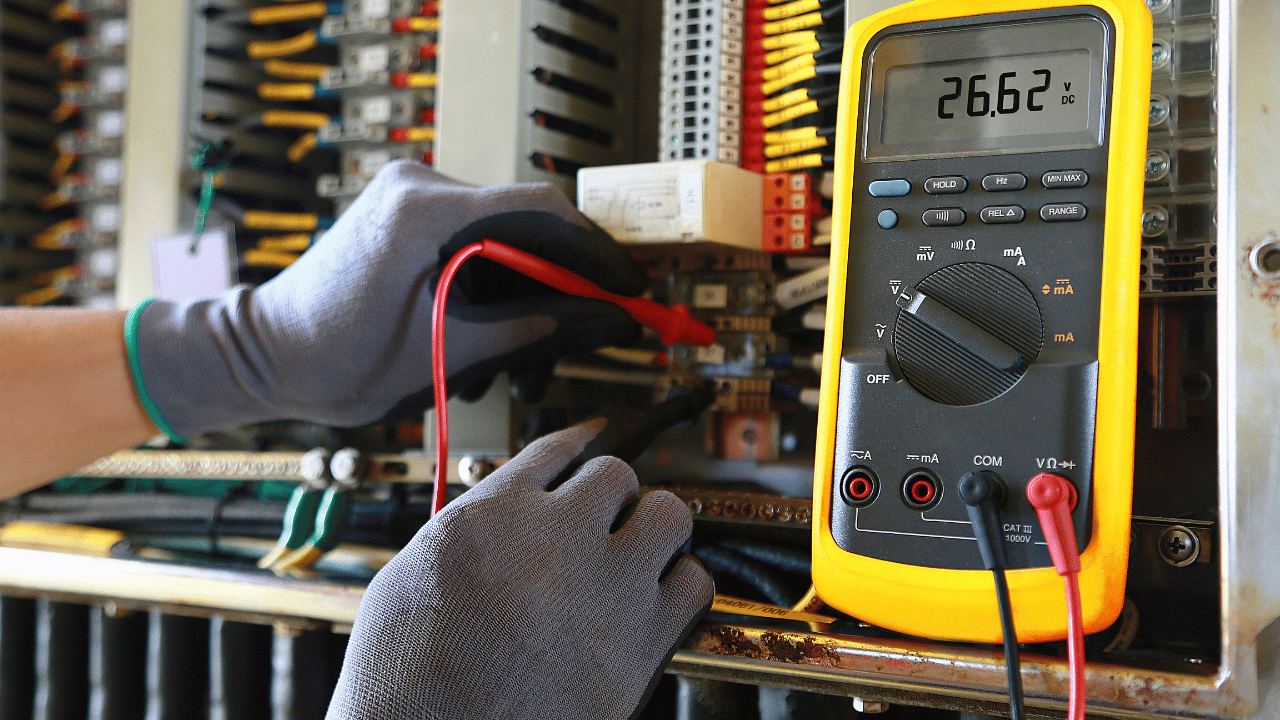
If you’re faced with the task of rewiring your entire residence, brace yourself for a substantial expense. Given the intricacy of such projects, electricians can spend considerable time on the job. Naturally, the hourly rate of the electrician will greatly influence the overall costs. Rewiring a house often entails repairing plaster and drywall, and as such, the costs can fluctuate between $1,500 and $10,000, or CAD 2,100 and CAD 13,700.
Switching Gears: The Cost to Rewire a Light Switch
On the spectrum of electrical tasks, rewiring or supplanting a light switch is relatively pocket-friendly. For a single switch, you’re likely looking at an expenditure of $50 to $150, or CAD 70 to CAD 200. Moreover, if you’re updating multiple switches simultaneously, per switch costs may decline.
Illuminating the Costs of Light Fixture Additions
Should you fancy recessed lights or desire ceiling fans with attached lights, it’s likely an electrician’s expertise will be essential. On average, fitting a light fixture costs between $280 and $1,000, equivalent to CAD 390 and CAD 1,400. However, if you’re in a high-cost region, anticipate steeper electrician fees. Installing recessed lights typically averages between $175 to $225 for each light, or CAD 240 to CAD 310.
Investing in Electrical Outlet Repair or Replacement
The relentless use of electrical outlets inevitably leads to natural wear and tear. Power surges can also wreak havoc on an otherwise functional outlet. Replacing an outlet is often more feasible than attempting repairs due to their affordability. Costs vary based on the outlet variety, with average receptacle prices hovering between $125 and $175, which translates to CAD 170 and CAD 240. Opting for outlets with enhanced current capacity or GFCI protection can raise the price point.
The Dilemma: Enlist a Professional or Opt for DIY?
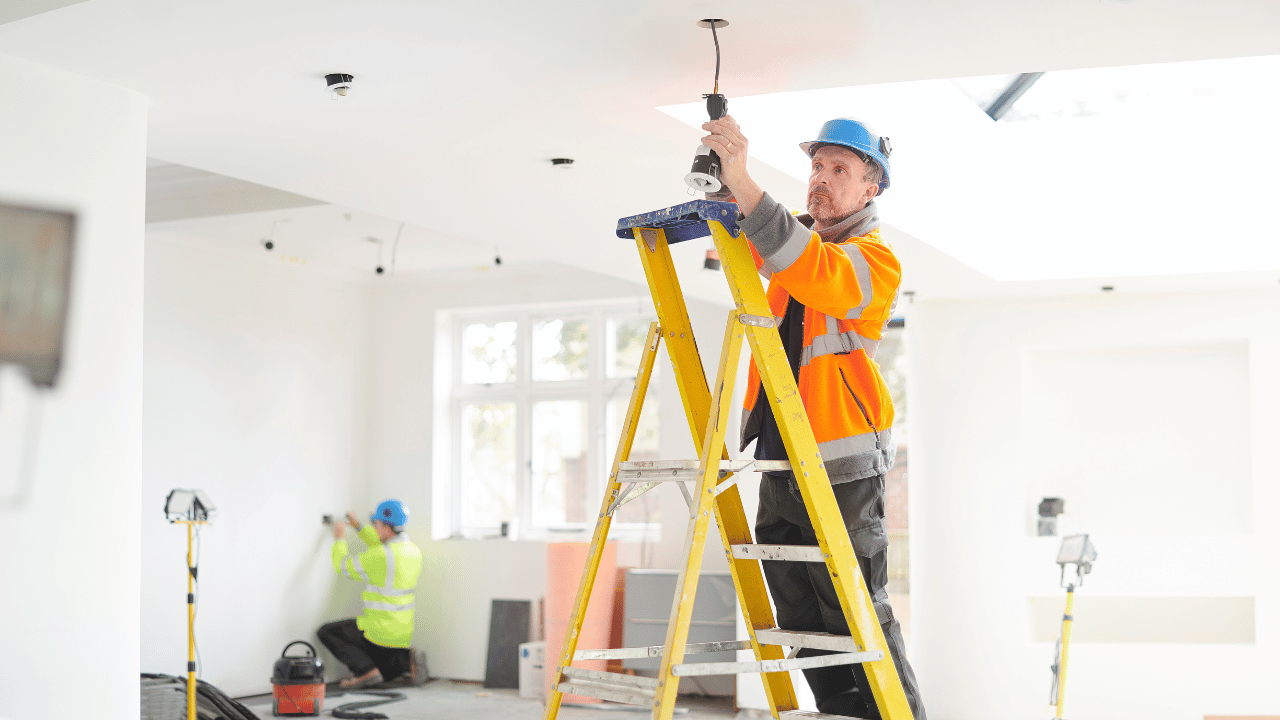
With all these financial figures swirling about, the temptation to undertake electrical tasks personally to conserve funds might arise. But tread cautiously—electrical tasks are intricate and not for the faint-hearted. Always lean towards a professional electrician for household electrical fixes.
While many DIY ventures come with risks, electrical endeavors can be notably perilous sans the proper experience. An oversight, like utilizing aged wiring, can unintentionally escalate household fire hazards. Although enlisting a skilled electrician incurs costs, the trade-off is their capability to execute projects with enhanced safety and efficiency. Bear in mind that while a licensed electrician’s hourly rate ranges from $40 to $120 or CAD 55 to CAD 165, most have a baseline charge for service calls.
Understanding Electrician Service Costs
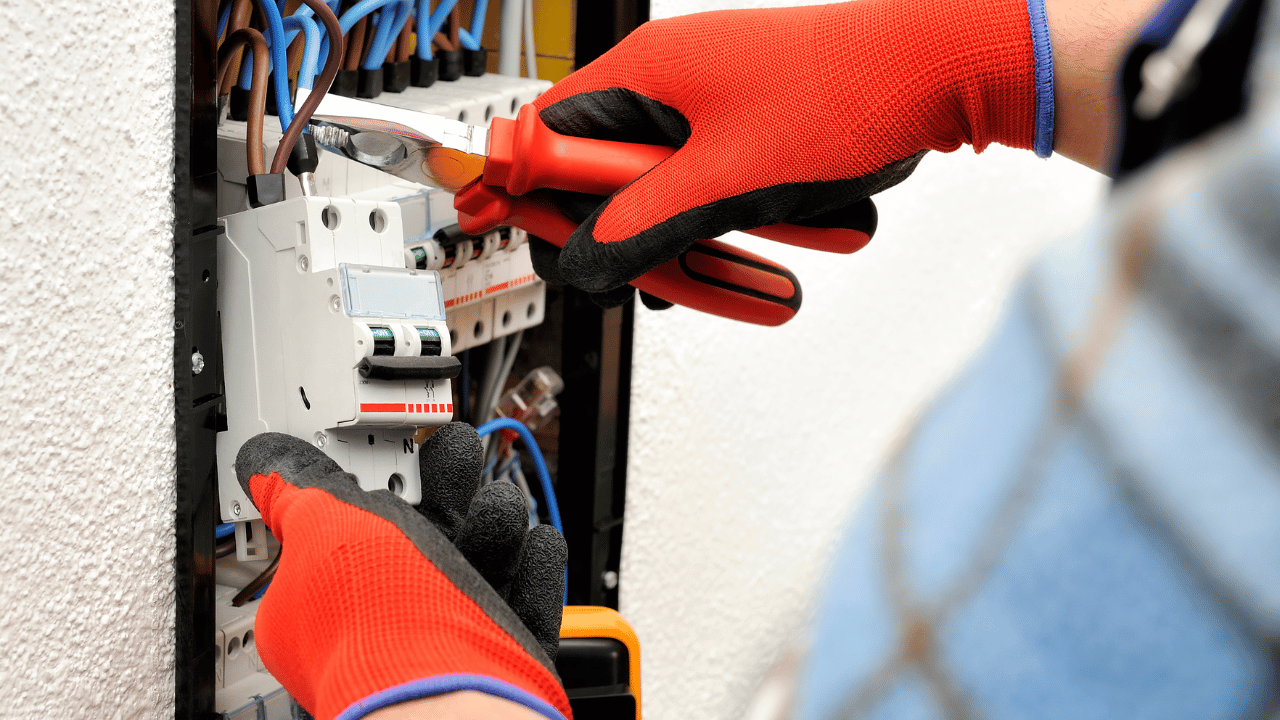
The Basics of Pricing Engaging an electrician for tasks like fitting an outlet or wiring a surround sound system might seem straightforward. However, the substantial part of the expense is the electrician’s service call fee, typically around $75. Consequently, smaller tasks such as installing or replacing an outlet could cost between $125 to $150. More extensive services, like wiring and circuit breaker installations, could exceed $2,000.
It’s challenging to provide an exact price for electrical tasks due to various influencing factors, including labor and material costs. The following is a general pricing guide. For more precise quotations, it’s advisable to seek free estimates from local electricians for specific services.
Cost of Electrical Wiring Electrical wiring generally ranges from $6 to $8 per linear foot. If you require structured wiring — tailored for communication and entertainment gadgets — there’s an additional cost of $2 per foot. Low-voltage wiring services typically range from $0.40 to $0.62 per linear foot.
To provide perspective, rewiring a 1,200-square-foot residence (which would have around 284 linear feet within its walls) would cost approximately $2,200. A basic 3-bedroom house’s rewiring would fall between $2,500 to $6,000.
Light Fixture Installation Charges On average, installing a fundamental light fixture falls between $133 to $414. For elaborate fixtures, such as chandeliers, remember to account for the fixture’s cost, which might add an extra $200 to $700. For AFCI protection, there’s an additional charge of $50.
Any accessibility challenges or unexpected electrical issues requiring board or panel upgrades can inflate labor costs. However, most electricians provide fairly accurate upfront estimates.

Electrical Panel Replacement or Upgrade Replacing or upgrading an electrical panel typically costs between $850 to $2,500, contingent on the wire’s price and your amp requirements. This service encompasses a new meter, electric service drop, disconnect, panel, wiring, piping, and a weather head.
Always engage a licensed electrician to deduce the required service panel amperage. The electrician will ensure that circuits for new fixtures, appliances, and outlets comply with the National Electrical Code (NEC).
Older residences usually possess 60-amp panels, which are often insufficient. Modern homes necessitate at least 100 amps, with newer properties demanding upwards of 200 amps. This ensures no issues with tripping circuit breakers or overloaded outlets. To determine your home’s amperage:
- Check the number of wires emerging from the underground conduit; three are needed for a 240-volt system.
- Both the manufacturer’s data plate and the main circuit breaker provide the main electrical panel’s maximum amps.
Home Generator Installation or Repair On average, installing a home generator costs between $6,000 to $11,000, inclusive of the generator. Basic Generac home backup generators start at $2,000, with professional installation fees ranging from $3,000 to $5,000. Prices fluctuate based on system size, electrician charges, and local building regulations.
Generators are placed on a concrete pad, linked to an existing fuel line, and connected via a transfer switch near the main breaker box.
Navigating the Costs of Electrical Installations and Replacements
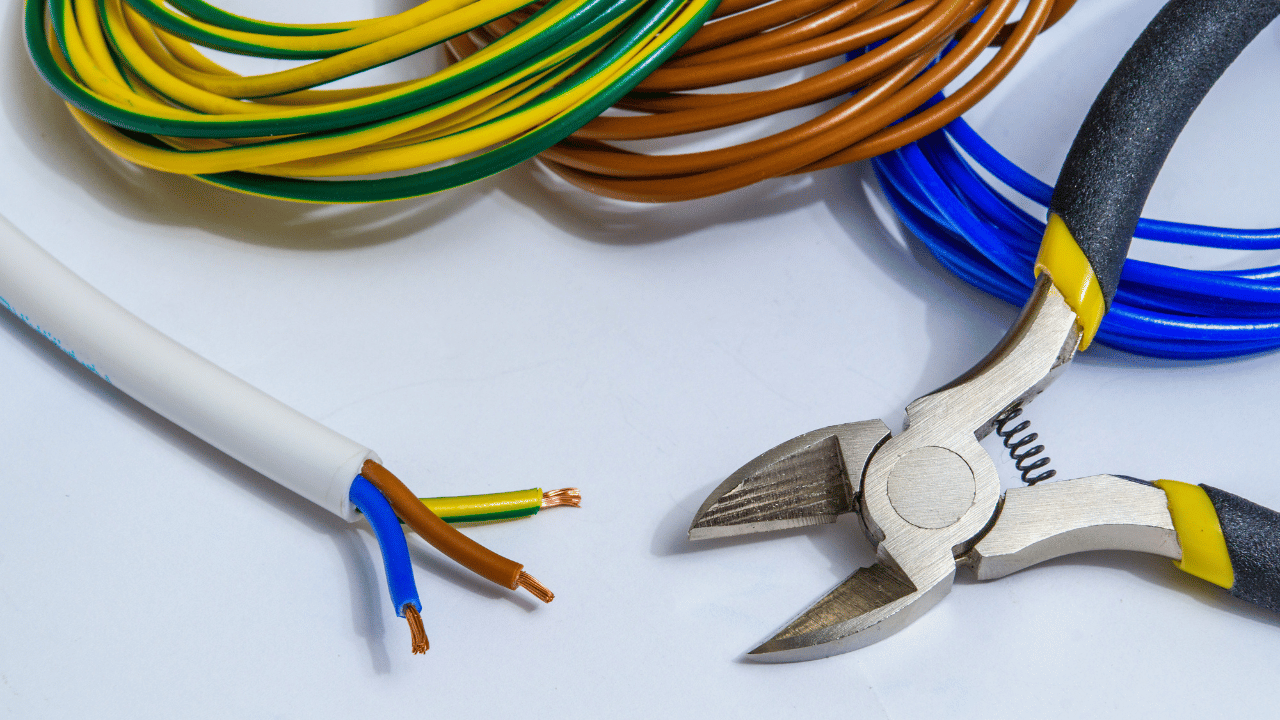
Switch Installation and Replacement Costs The financial outlay for engaging an electrician to fit a new light switch typically lies between $150 and $200 for a single pole switch. Conversely, the installation of a new three-way switch usually costs between $100 and $250. If you’re looking to replace an existing switch, anticipate an average expense of $80 to $120. It’s noteworthy that replacement costs might occasionally exceed those of fresh installations, especially if there’s a need to upgrade the electrical board, introduce new wiring, or install switch boxes and covers.
Expenses Associated with Electrical Outlet Installation and Replacement Installing or replacing an interior electrical outlet equipped with GFCI typically costs between $120 to $150. If you’re considering an exterior receptacle with a cover, the average price range is from $200 to $275. Should you have multiple outlets to address, it’s worth inquiring about any bulk discounts from your electrician. Prioritize safety by installing GFCI-protected outlets, especially in areas like kitchens, bathrooms, and laundry rooms, which are more susceptible to moisture. Such outlets effectively mitigate risks of electrical shocks. Additionally, ponder on dedicating circuits exclusively for large appliances.
Ceiling and Exhaust Fan Installation Costs The average expenditure for ceiling fan installations hovers around $200, though many spend between $150 and $350. The installation of bathroom exhaust fans will cost you between $150 and $550, while setting up an attic exhaust fan generally ranges from $300 to $500. Beyond aesthetic appeal, fans are vital for enhancing indoor air quality, fostering a healthier living environment. Ceiling fans serve as cost-effective alternatives to air conditioning, ensuring uniform air distribution. They also contribute to energy conservation by circulating warm air during colder months and promoting cooler air circulation in warmer seasons.
Smart Home Automation Systems: What to Expect The integration of smart home automation systems into existing outlets usually ranges from $600 to $1,800. If you’re considering hard-wired systems, which involve comprehensive rewiring, expect an average cost of $5,600. Depending on the level of automation preferred, homeowners typically spend between $4,000 and $12,000. Popular automation systems can regulate garden sprinklers or control indoor lights during vacations. Advanced smart devices and systems now offer real-time surveillance of your home, notify you about visitors, and even track family members’ arrival times. Most smart home enhancements necessitate the expertise of a licensed electrician.
Guidelines for Engaging a Professional Electrician
Prioritize Safety and Quality Your home is a sanctuary for you and your loved ones. Thus, when dealing with electrical issues, this isn’t the moment to seek shortcuts or budget options. Inferior electrical tasks carry risks, including potential fires or dangerous electric shocks. It’s crucial to enlist a top-tier professional who is well-acquainted with current building codes and possesses the expertise for safe electrical installations or upgrades.
Essential Considerations when Hiring an Electrician:
- Credentials Matter: Always ensure that your electrician is both licensed and insured.
- Experience Counts: Inquire about the electrician’s experience. Familiarity with diverse projects can be a testament to their proficiency.
- Seek Multiple Estimates: For significant projects, it’s advisable to obtain at least three cost estimates. This gives you a clearer picture of the market rate and helps in decision-making.
- Personal Recommendations: Word of mouth remains powerful. Consult friends and colleagues for their trusted electricians.
- Online Reviews: Platforms like HomeGuide provide valuable insights. Additionally, Google reviews can offer a broad perspective on the electrician’s reputation.
- Personalized Estimates: A hands-on estimate can be more accurate. Some electricians might even offer this service without charge.
The Value of Quality Work Avoid compromising on quality in an attempt to save money. Opting for substandard materials or workmanship might seem cost-effective initially but could lead to more significant expenses in the future. Issues might range from minor inconveniences, like a power outage, to severe repercussions, like a house fire. Investing in quality work from the onset ensures safety and long-term savings.
Conclusion
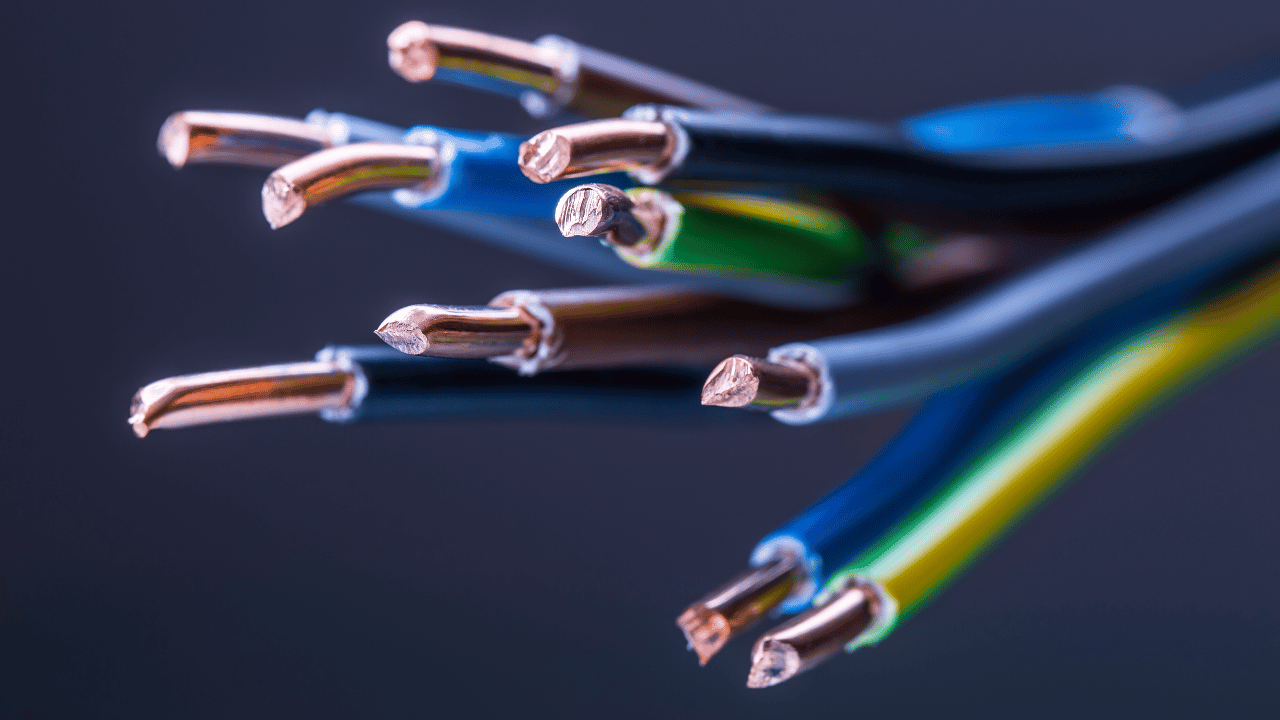
In the realm of home maintenance and renovation, understanding the intricate landscape of electrical repair costs is paramount. These expenses, often layered with nuances of labor, materials, and specific service requirements, can vary substantially based on a project’s complexity and region. As homeowners, it’s crucial to remain both proactive and informed. While electrical work might seem burdensome on the wallet, prioritizing safety and quality can prevent future complications and further expenses down the line. Seeking multiple estimates and ensuring the choice of a reputable, experienced electrician can be a significant step towards securing the home’s electrical integrity and the well-being of its occupants. As we’ve unpacked in this guide, an informed homeowner is an empowered one, ready to make savvy decisions in the ever-evolving sphere of electrical repair costs.
